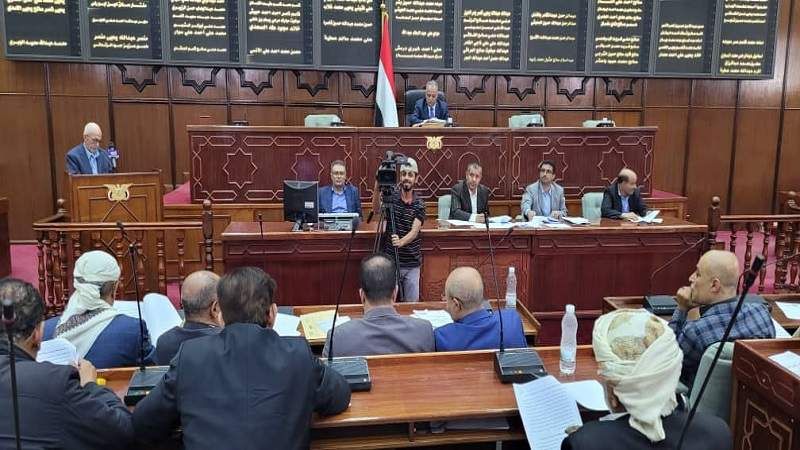

Michigan - The American Center for Justice (ACJ) stated that the amendments made by the Houthi group to the Judicial Authority Law No. 1 of 1991 represent a dangerous precedent in legitimizing the group's control over the authority responsible for achieving justice in the country. These amendments also are a serious constitutional violation of many articles of the current Yemeni constitution.
According to the ACJ’s monitoring, the Houthi group, through its affiliated parliament, hastily approved amendments to the Judicial Authority Law No. 1 of 1991 on Wednesday. These amendments affected 13 articles, some of which violate the Yemeni constitution, undermining the principle of separation of powers, particularly articles 24, 49, 51, 149, 150, and 151.
The approved amendments include the possibility of appointing individuals from outside the judicial authority and the Higher Judicial Institute under the title of "Islamic law scholars known for their good conduct." They also introduce the position of a "peace judge" in courts, which clearly contradicts constitutional provisions that grant citizens the right to seek justice in protecting their rights. Furthermore, according to Article 122 of these amendments, judges in Houthi-controlled areas are given the authority to suspend any lawyer and prevent them from practicing for up to three years. This raises concerns that the judiciary could turn into a political and sectarian tool used by the group to retaliate against its opponents, as they have been using the courts for years to legitimize their violations and legal infractions under the guise of enforcing the law.
The Executive Director of the "American Center for Justice," lawyer Abdulrahman Barman, stated that implementing these amendments in Houthi-controlled areas would mean the denial of citizens' right to defend themselves, deprive lawyers of the freedom to defend their clients, and strip them of their immunity to contest illegal procedures. This constitutes a violation of both the constitution and the Law of Advocacy, which emphasize the independence and freedom of the legal profession. This would deal a significant blow to justice and cause a rift in the unity and consistency of national legislation across the country.
He added that the requirement by the Higher Judicial Institute in Sana’a for applicants to be endorsed by two Houthi leaders, as outlined in the admission form, is clear evidence of the Houthi group’s systematic interference aimed at turning the judiciary from an independent national institution that protects people's rights and freedoms into a tool of revenge used by the group to target whomever they choose under the pretext of enforcing the law.
The American Center for Justice (ACJ) emphasizes that these amendments represent a serious legislative setback and a blatant violation of the independence of the judiciary. They also constitute a grave breach of the principle of separation of powers, one of the foundations of the democratic and constitutional system. This reflects the Houthi group’s intent to dismantle key pillars of the civil state, particularly the judiciary and the Bar Association, which is the primary defender of rights and freedoms.
The ACJ calls on the international community and relevant international organizations to pressure the Houthi group to halt these amendments, which pose a threat to the concept of justice and human rights in Yemen. The center also urges the Houthi group to stop interfering in the judiciary's work and using it as a tool to persecute its political opponents, instead of serving as a reference for protecting and upholding rights.